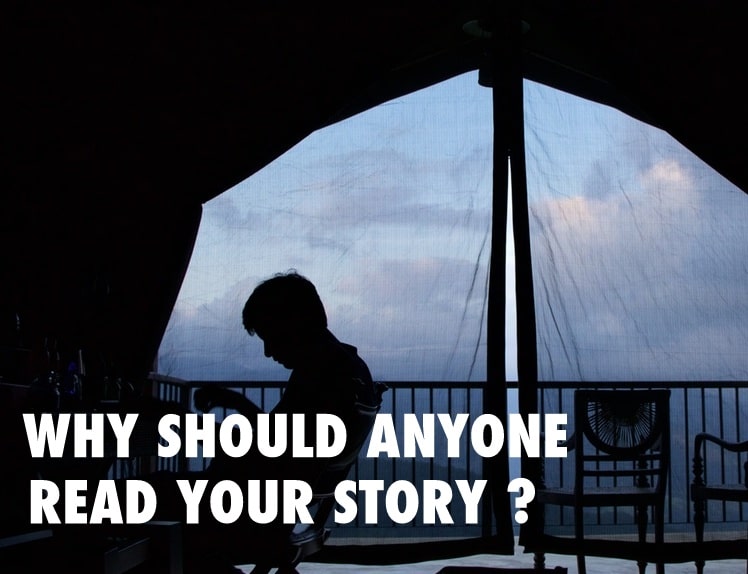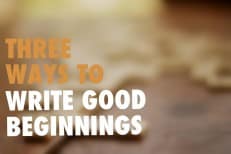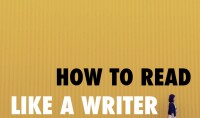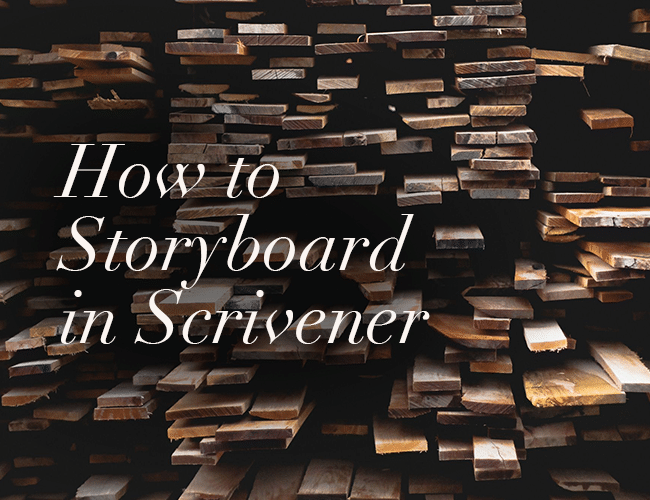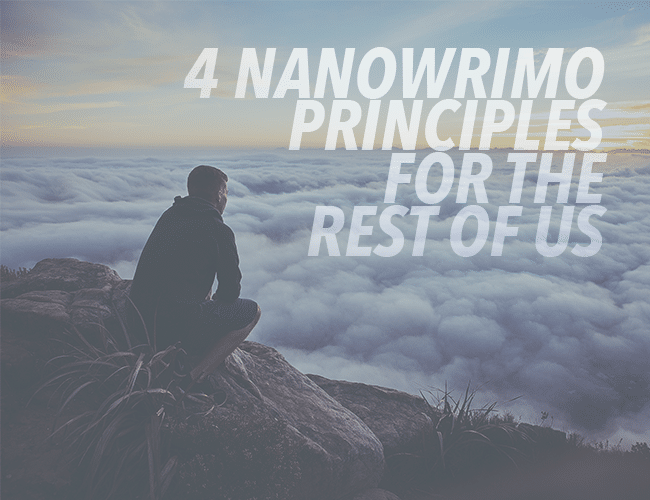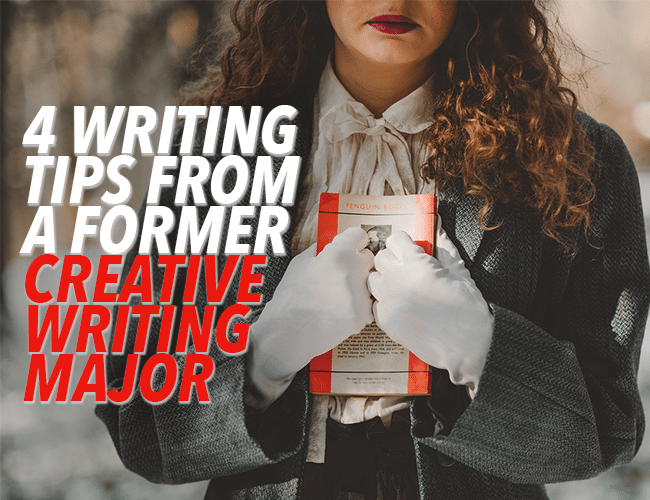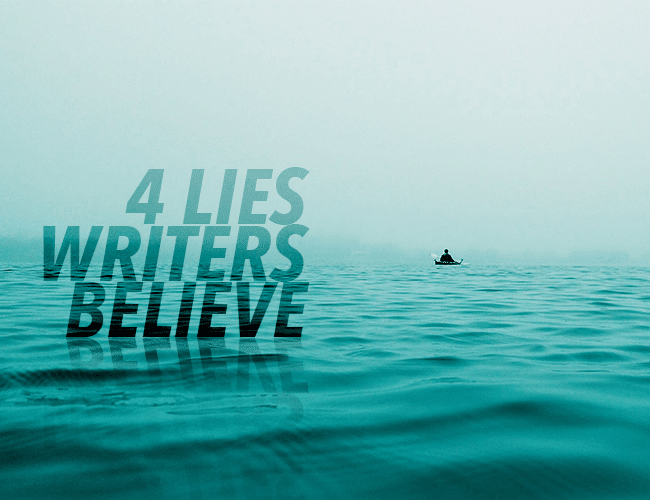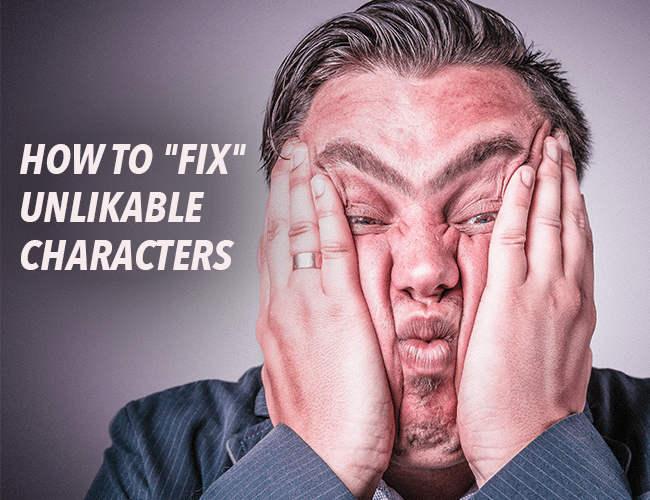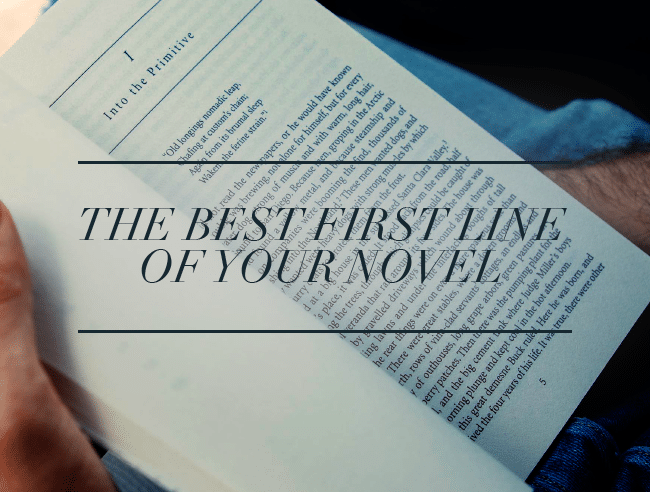If you’re like many talented writers, your story might not be very interesting. In fact, it might be pretty boring. Too often, writers get caught up trying to express themselves and forget their audience. The best stories aren’t about how the author feels. The best stories are about how the reader feels
